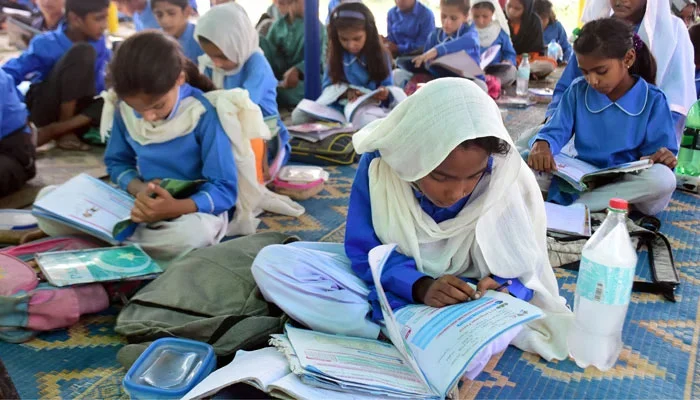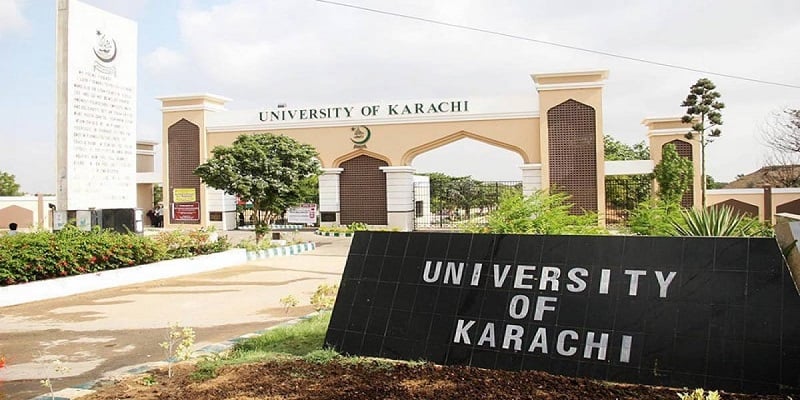- Shahzad Paracha Web Desk
- Apr 25, 2024
Academics hail finance minister’s commitment to tobacco tax reforms
-
- Web Desk
- Apr 22, 2024

ISLAMABAD: Finance Minister Muhammad Aurangzeb’s announcement of potential financial support from the International Monetary Fund (IMF), amounting to $3 billion, has generated optimism among academicians regarding the country’s economic stability.
Dr Aftab Madni, Dean of Indus University, emphasized the importance of implementing IMF recommendations for tax reforms without selective application.
“Adopting a pick-and-choose approach will not facilitate genuine reform,” he commented.
Dr Madni highlighted the IMF’s explicit recommendation for uniform taxation on cigarettes, irrespective of their brand origin, citing potential revenue gains in the billions. He stressed that since cigarettes are non-essential items, implementing these tax reforms should not provoke significant public opposition.
Approximately 9 per cent of Pakistanis smoke, and the impact of second-hand smoke remains a concern that warrants increased tobacco pricing, considering the health risks associated with tobacco use.
Also read: Call for increased FED on cigarettes to curb rising consumption
Dr Madni commended Dr Hassan Shehzad from the International Islamic University Islamabad, whose research was referenced by the IMF in their tax reform recommendations. Dr Shehzad’s report established a direct link between tobacco consumption and affordability.
Referring to the finance minister’s statements, Dr Shehzad noted, “The current $3 billion IMF arrangement is set to expire in late April, and the government seeks a larger, long-term loan to stabilize macroeconomic conditions and enable necessary structural reforms.”
He highlighted reports indicating that the tobacco industry has cost the national exchequer Rs567 billion in losses over the past decade.
Given the finance minister’s banking background, Dr Shehzad emphasized the understanding of health-related economic losses inherent in such industries.
He concluded that while uniform tobacco taxation may be a delayed measure, it remains crucial for effective policy implementation. He is recognized as a leading researcher influencing policymaking in the country.




